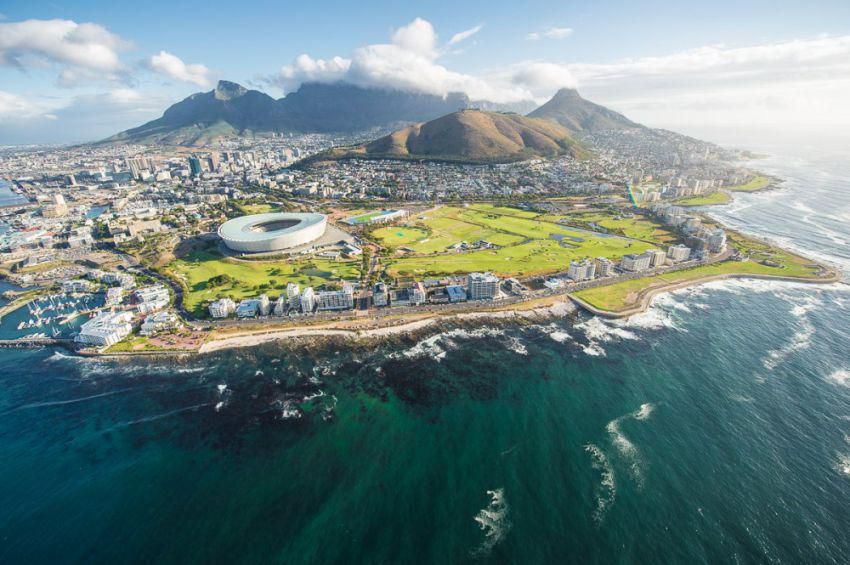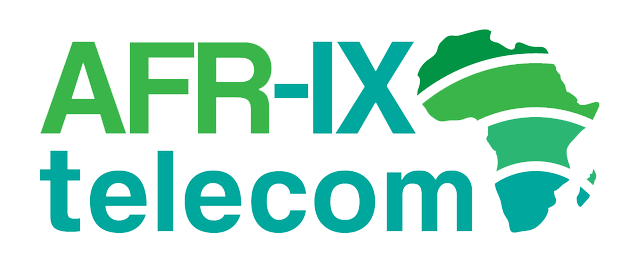
Bandwidth challenges in Africa
Across the globe in both developed and developing countries, the Internet is a critical enabler of growth. It breaks down barriers to education and skills, creates jobs, and enables Africans to prosper in the international marketplace. Between 2010 and 2016, the number of broadband connections in Sub-Saharan Africa has grown 10x to 175-million and it is predicted that the number of broadband connections will hit close to 300 million by 2020.
High prices
At a large scale and a low cost, the Internet has the ability to bolster growth, but the price of broadband communication in Africa is still very high. One of the challenges is that many markets in Africa aren’t properly regulated and they are simultaneously dominated by monopolies. When companies aren’t able to compete, the market lags behind in terms of adopting the latest technology and the ability to offer competitive prices.
Infrastructure challenges
Infrastructure sharing is another challenge. Network architecture needs to be connected to international, regional, and local exchange points, but this isn’t always the case. For broadband Internet to be more competitive, cost-effective, and efficient, service providers in Africa will have to increasingly look at network sharing.
Reliable equipment and network resilience
When subscribers experience constant outages and problems, they become disgruntled and can easily switch providers. To instil trust in subscribers, solutions providers have to make sure that their network is resilient enough to withstand failures and outages. The network needs to be designed to constantly monitor traffic and usage. Numerous service networks and an expertly designed network is needed.
Slow internet speeds
Internet speeds across Africa have been far below the global minimum standard for a long time. According to data from a global broadband speed league, most of the countries with the slowest Internet speeds are in Africa and of the 39 ranked African countries achieved average speeds above 10Mbps—deemed to be the minimum speed required by consumers “to fully participate in a digital society” by UK’s telecoms regular, Ofcom.
Why we need to do better
A 10% increase in broadband penetration in low- and middle-income countries can result in a 1.38% increase in economic growth. High-speed broadband is a necessity for doing business, regardless of your company’s location. It can raise productivity, lower costs, and create the economic opportunities that the African continent needs to prosper. AFR-IX provides connectivity solutions across Africa. From a single request, we develop both financial and technical solutions according to a budget, tailored to your commercial, technical and operational needs. Flexibility and responsiveness are recognised as our selling points and we always strive to outdo ourselves on our attention to detail. Contact us for more information today.




